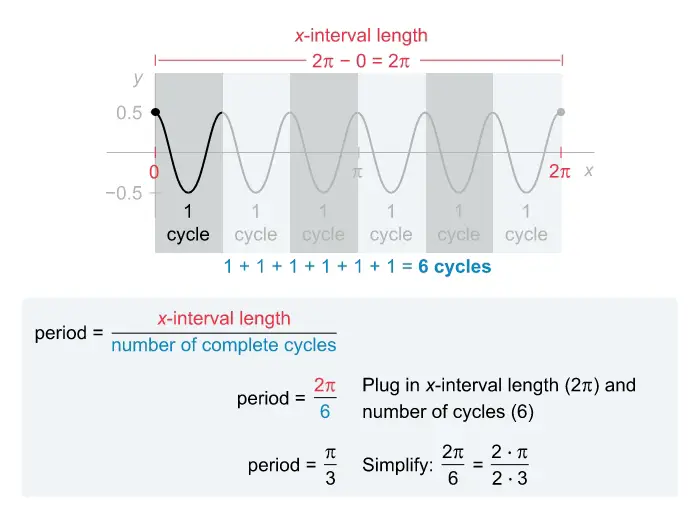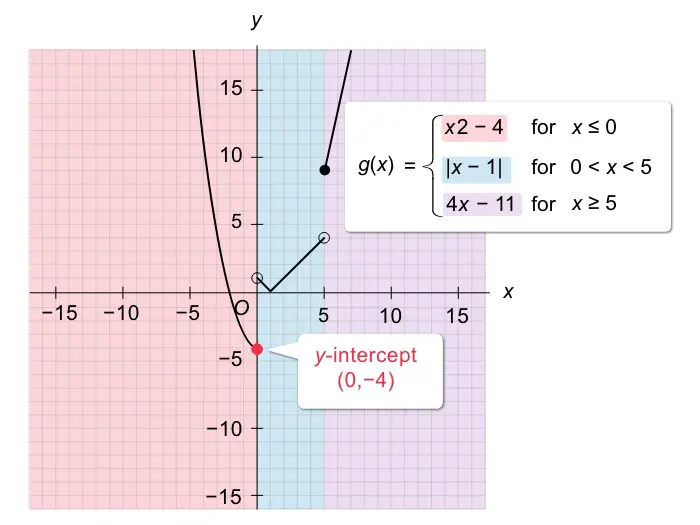If you are a high school student planning to pursue undergraduate studies in the Middle Eastern and North African region, taking the ACT® international subject tests can benefit you. These subject tests evaluate your college readiness and help your college application stand out among others. In this article, we discuss ACT international subject tests, their format, syllabus, registration process, benefits, and more.
What Are ACT International Subject Tests?
The ACT International Subject Tests are end-of-course evaluations that determine students’ understanding of concepts in each subject and indicate how well prepared they are for postsecondary courses.
You can find these international tests in the following ACT subjects:
English 1 and 2
Math 1 and 2
Physics, Chemistry, and Biology
The ACT international subject tests are only available in the MENA (Middle Eastern and North African) region including Egypt, Jordan, Saudi Arabia, and the United Arab Emirates. These exams may be taken in addition to the ACT test to benefit your college admission.
Benefits of taking ACT Subject Tests
Here are a few reasons why taking ACT subject tests can benefit you:
Important for College Admissions
Complement your academic CV (Curriculum Vitae)
Align with your school curriculum.
ACT International Subject Tests Format and Syllabus
The ELA, Science, and US History tests are administered in two separately timed sessions, whereas both the Math tests are conducted in a single session. All the questions on the ACT international subject tests are multiple-choice questions (MCQs). Here is a breakdown of the number of questions and time allotted for each test.
| Subject Test | Number of Questions | Duration | |||||||
|---|---|---|---|---|---|---|---|---|---|
| ELA (English 1 and 2) | 36–38 per session | 90 mins | Session 1: 45 mins | ||||||
| Session 2: 45 mins | |||||||||
| Science (Physics, Chemistry, and Biology) | 38 per session | 90 mins | Session 1: 45 mins | ||||||
| Session 2: 45 mins | |||||||||
| US History | 38 per session | 90 mins | Session 1: 45 mins | ||||||
| Session 2: 45 mins | |||||||||
| Math 1 | 50 | 60 mins | |||||||
| Math 2 | 50 | 60 mins | |||||||
Note that you are allowed to use a calculator on the Physics, Chemistry, and Math 1 and 2 tests. You will also be provided with a reference sheet of common formulas for both Math tests.
The important topics that you need to study for these subject tests are as follows:
The questions on the biology test require students to demonstrate knowledge and solve problems on topics like
- Genetics and evolution
- Biochemistry and the cell
- Animal and plant systems, and ecology
Students need to apply their knowledge of scientific inquiry and solve problems using math, measurement, and graphical representations.
The questions on the chemistry test measure the knowledge of
- States of matter and phase changes
- Chemical formulas, equations, and bonding
- Periodicity and solution properties
- The mole concept, stoichiometry, gas laws, and atomic structure
- Le Chatelier’s principle, fundamental thermodynamics, and acids and bases
Students need to use their mathematical and proportional reasoning skills to solve these problems.
The questions on the physics test evaluate your understanding of
- Forces and Motion (such as displacement, velocity, acceleration, momentum, force, impulse, Work-Energy theorem, power, and work)
- Fundamental forces (such as Newton’s law of gravitation, Coulomb’s law, magnetism, Ohm’s law, and circuits)
- Waves and periodic motion (e.g., wave speed, frequency, wavelength, wave types, simple harmonic motion, Doppler effect, and optics)
The questions on the Math 1 test focus on algebra and geometry, which students study in secondary school. On this test, the students need to
- Solve equations
- Find area and volume
- Draw conclusions from the given data
- Make judgments about proofs
The questions on the Math 2 test focus on algebra and precalculus. Students need to have a good understanding of
- Complex Numbers
- Advanced Functions
- Modeling with vectors and matrices
- Limits, Normal distribution, and Polar coordinate plane graphs
The questions on the history test evaluate students’ knowledge of the United States history (from the beginning to the post-World War II era). The important topics in this section are
- Forging of the new nation and sectional conflicts
- Civil War and Reconstruction
- Nineteenth-century industrialization and urbanization
- Growth of the West and the “New South”
- Political efforts to reform capitalism
- Great Depression and the New Deal
- Cold War and the United States role as a world power
- Movements for equality, environmental issues, and global terrorism
Students need to investigate historical events and solve questions related to real-world problems.
The questions on the English 1 and 2 tests check students’ abilities as readers and writers and how well they will be able to display their writing skills in college. The questions will be taken from the fiction, nonfiction, drama, poetry texts, and film scripts taught in school.
How to Register for ACT International Subject Tests?
Registering for the subject tests is easy! Just visit the ACT international subject tests website and follow these simple steps:
Here is a list of the 2023 ACT international subject test dates and the registration deadlines. For almost all test dates, there are two sessions available—morning and afternoon, in which you can take the test. Note that your score reports are available in 1–8 weeks after your test date.
| Administration | Registration Open |
Registration Close |
Testing Administration |
Subjects Available |
|---|---|---|---|---|
| February | 30 Jan 2023 | 16 Feb 2023 | 24 Feb 2023 | Biology, English 1 |
| 25 Feb 2023 | Math 1, Chemistry, Math 2 | |||
| April | 03 Apr 2023 | 20 Apr 2023 | 28 Apr 2023 | Math 1, Physics |
| 29 Apr 2023 | Biology, English 1, English 2 | |||
| June | 22 May 2023 | 08 Jun 2023 | 16 Jun 2023 | Biology, English II, Chemistry |
| 17 Jun 2023 | Math 1, English 1, Math 2 | |||
| July | 26 Jun 2023 | 13 Jul 2023 | 21 Jul 2023 | Math 1, English 1, US History |
| 22 Jul 2023 | Biology, Physics, Math 2 |
Should you need accommodations for your ACT international subject tests, write an application to the TAA (Test Accessibility and Accommodations) system requesting your required accommodation with appropriate documentation and a diagnostic report from a psychologist or a doctor.
How Do I Prepare for ACT International Subject Tests?
Now that we have covered everything about the ACT international subject tests and their benefits, here are a few tips to help you start your preparation:
- Familiarize yourself with the test format: To make your test prep easy, it is important to thoroughly understand the test format, key topics, and scoring methodology.
- Follow a study plan: Sometimes, simultaneously preparing for high school subjects and ACT tests can be overwhelming. Following a study plan to balance your preparation and dedicate enough time to every subject is always a good idea.
- Find quality practice resources: It is crucial to find quality resources to prepare for your tests. Practicing for the test will help you improve on your weak areas.
If you are preparing for your ACT test and struggling with creating an effective study plan, then read our ACT study guide. Our study guide will not only help you balance your test prep but also provide you the best strategies to get your desired score.
Frequently Asked Questions (FAQs)
As international subject tests are administered multiple times throughout the year, a student could take them more than once. As these tests aren’t sectioned, there would be no super score, but when you apply to college, you can choose from which test date you want to submit scores. This way, you can submit the best score to your prospective colleges.
The ACT Subject Tests cover high school material and are designed to display college readiness in your chosen field of study. AP exams, on the other hand, cover introductory college material and are designed to replace (given a high score) an introductory college course. So, a high score on the ACT subject tests can only help your college admissions, whereas a high AP score might earn you college credit.







